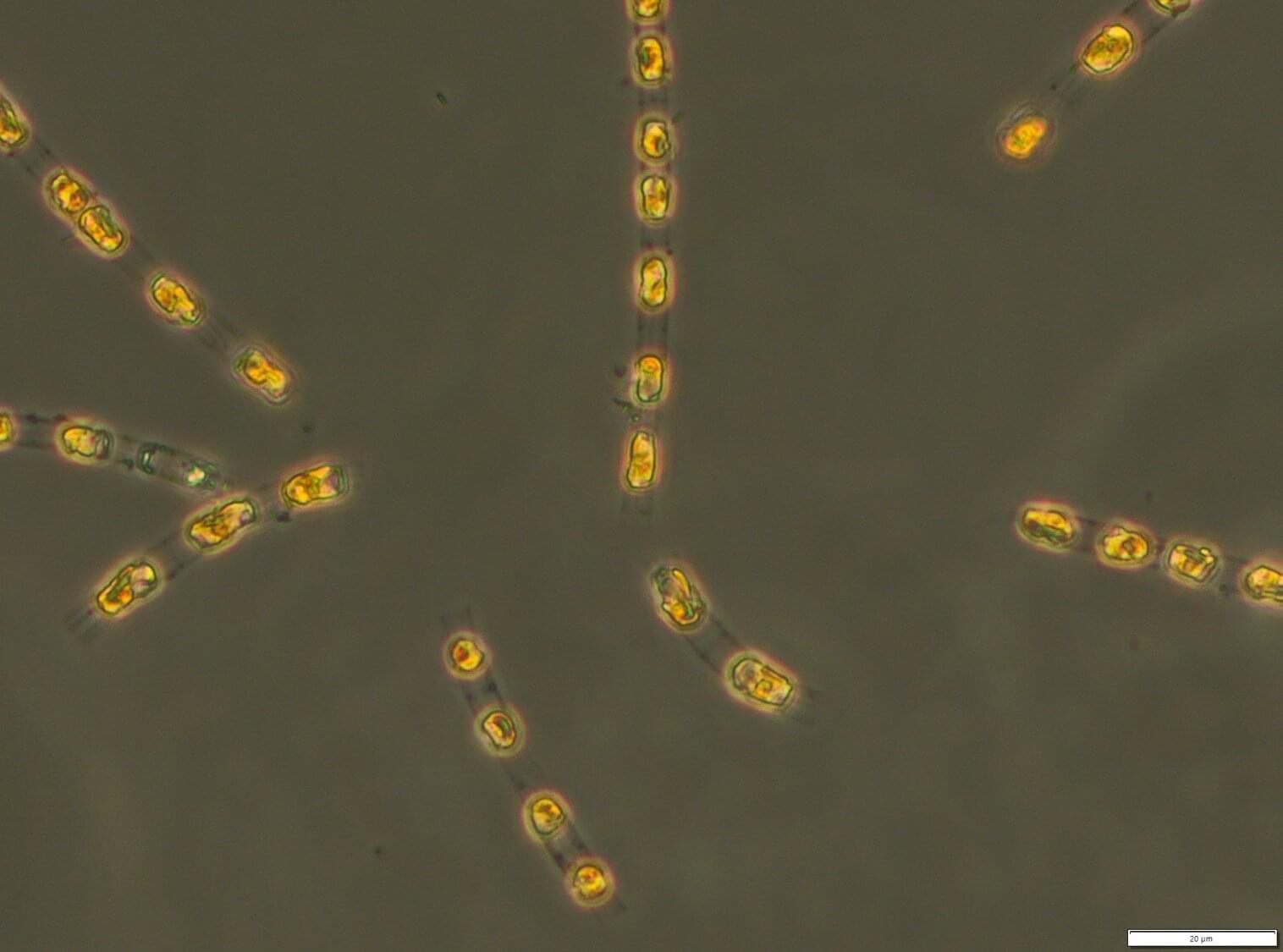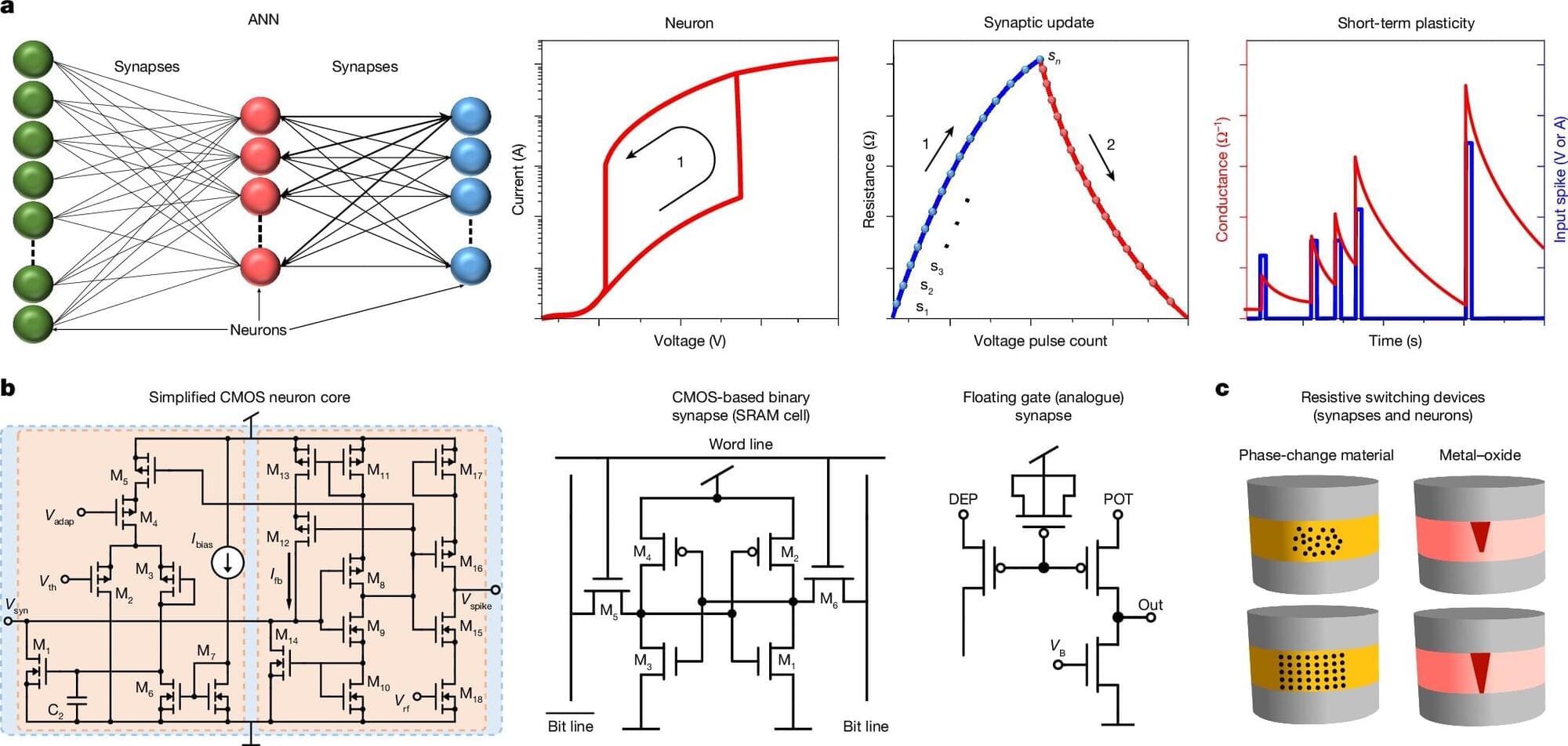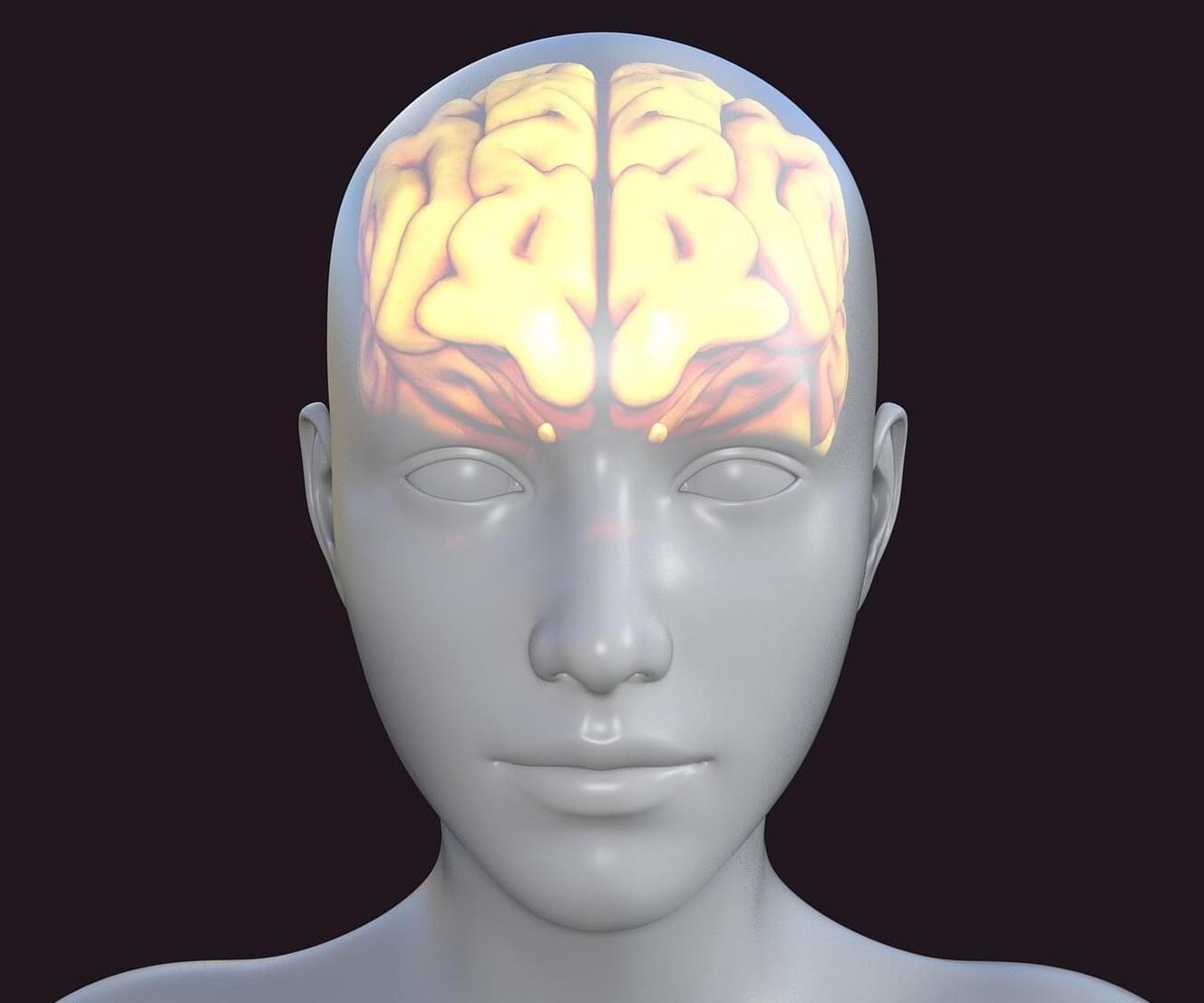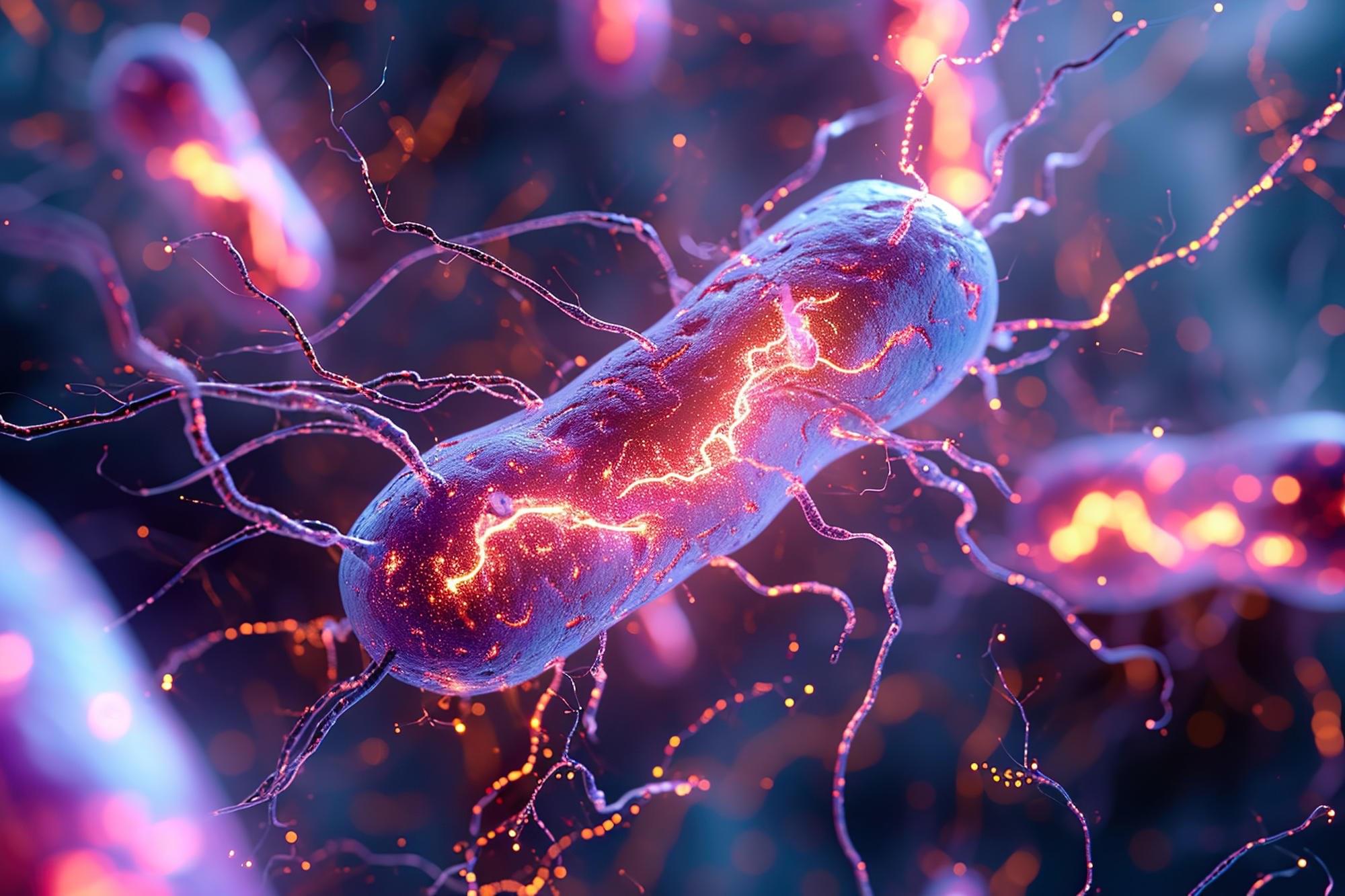In the desert areas of Namibia, Oman, and Saudi Arabia, research work has revealed unusual structures that are probably due to the activity of an unknown microbiological life form. Unusually small burrows, i.e., tiny tubes that run through the rock in a parallel arrangement from top to bottom, were discovered in marble and limestone of these desert regions. “We were surprised because these tubes are clearly not the result of a geological process,” said Professor Cees Passchier from Johannes Gutenberg University Mainz (JGU), who first came across the phenomenon during geological field work in Namibia. During subsequent sample investigations, evidence of biological material was found. Evidently, microorganisms had perforated the rock. “We don’t currently know whether this is a life form that has become extinct or is still alive somewhere,” added Passchier.
Puzzling discovery in Namibia
Geologist Cees Passchier has been working in Namibia for 25 years, among other places. His research focuses on the geological reconstruction of Precambrian terranes. “We look at the structure of the rocks to find out how continents came together to form the supercontinent Gondwana 500 to 600 million years ago,” explained Passchier. At that time, carbonate deposits formed in the ancient oceans and turned into marble due to pressure and heat. “We noticed strange structures in this marble that were not the result of geological events.” Instead of smooth erosion surfaces, tubes could be seen that were about half a millimeter wide and up to three centimeters long, lined up parallel to one another and forming bands up to ten meters long. Some calcrete crusts had formed on the edges.




